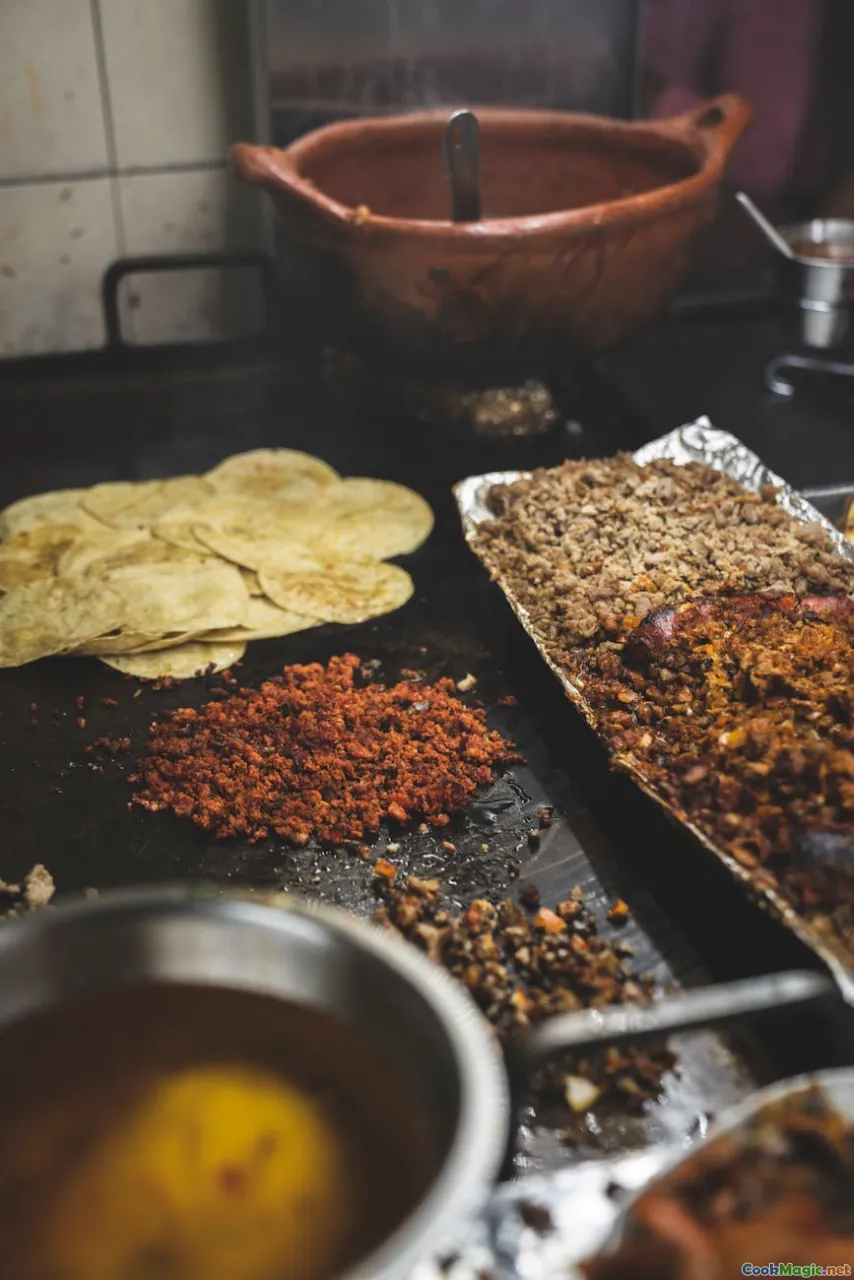Wild Game in Papuan Cuisine Beyond Chicken
8 min read Discover the rich diversity of wild game in Papuan cuisine, exploring flavors beyond chicken with vibrant traditions and age-old cooking techniques. May 01, 2025 23:00
Wild Game in Papuan Cuisine Beyond Chicken
Papuan cuisine, with its lush landscapes and vibrant cultural tapestry, is a culinary treasure trove that often remains underexplored beyond its more familiar ingredients like chicken or fish. Yet, beneath the surface lies a profound tradition of utilizing the abundant wild game that roams the dense forests, mountains, and coastal regions of Papua New Guinea. This article invites you on a flavorful journey into the heart of Papuan culinary practices, revealing how indigenous communities have sustainably hunted, prepared, and celebrated wild game for generations.
The Cultural Significance of Wild Game in Papua
In Papua New Guinea, food is more than sustenance; it is a vital part of social identity, spiritual beliefs, and communal bonding. For many indigenous groups, hunting wild animals is intertwined with rites of passage, rituals, and stories passed down through centuries. Unlike the domesticated poultry or fish often seen in modern markets, wild game embodies a connection to the land and ancestral traditions.
Historically, hunting was a necessity, providing vital protein sources long before modern agriculture or trade networks. Today, it remains a respected practice, often regulated to maintain ecological balance. The animals hunted are revered, and their preparation is infused with cultural symbolism, making every meal a celebration of life, survival, and heritage.
The Rich Diversity of Wild Game in Papua
Papua's diverse ecosystems host a remarkable array of wildlife, ranging from small rodents and reptiles to large marsupials and birds. Some of the most cherished game animals include:
- Cuscus (Spilocuscus spp.): A tree-dwelling marsupial with tender, flavorful meat.
- Cassowary (Casuarius spp.): The formidable flightless bird, whose meat is both prized and revered.
- Wild boar (Sus scrofa): Commonly hunted in forested regions, offering rich, smoky flavors.
- Bandicoots and Pademelons: Small marsupials with delicate, gamey meat.
- Reptiles: Such as monitor lizards and freshwater turtles, often prepared with unique traditional techniques.
- Birds: Including hornbills, pigeons, and kingfishers, used in various ceremonial dishes.
Each animal brings its own unique texture, flavor profile, and cultural significance, showcasing the incredible biodiversity that sustains Papuan culinary traditions.
Traditional Hunting and Preparation Techniques
Hunting in Papua is a skillful art, often carried out with simple tools such as spears, bows and arrows, traps, and blowguns. The process is deeply respectful and sustainable, with hunters adhering to customary laws that prevent overhunting.
Once the game is caught, preparation methods vary widely:
- Roasting over open fire: The most common method, imparting a smoky aroma and tender texture.
- Boiling or stewing: Often used for tougher cuts, slow-cooked with native herbs and leaves.
- Smoking: To preserve meat and intensify flavor, especially in remote areas.
- Drying: For long-term storage, especially of larger animals.
The use of native spices, herbs, and wild leaves enhances the natural flavors, creating dishes that are aromatic, savory, and deeply satisfying.
Signature Dishes and Culinary Experiences
1. Cuscus Stew with Native Herbs
A staple in many highland villages, this dish combines tender cuscus meat slow-cooked with local herbs such as pandan leaves, ginger, and turmeric, resulting in a rich, fragrant broth that embodies the forest’s bounty.
2. Roasted Cassowary
Prepared during special ceremonies, the cassowary is marinated with native spices and roasted over an open fire until the skin crackles and the meat is juicy and flavorful. The dish is a centerpiece in communal feasts.
3. Smoked Wild Boar
A delicacy often served during festivals, the smoked wild boar develops a deep, smoky aroma with a melt-in-your-mouth tenderness.
4. Reptile Delicacies
Reptile meats, especially monitor lizards, are cooked with pungent native herbs and sometimes eaten in a stew or grilled, providing a unique culinary experience for adventurous palates.
Personal Reflections and Anecdotes
Having traveled through the remote villages of Papua, I was struck by how integral wild game is to community life. I recall sitting around a crackling fire, watching locals expertly prepare a steaming pot of cassowary stew, the air thick with the aroma of herbs and charred wood. The communal sharing of this meal, accompanied by stories and songs, underscored how food connects people to their land, ancestors, and identity.
In these moments, I realized that beyond the flavors, wild game in Papua is a symbol of resilience, sustainability, and cultural pride. It’s a living testament to a way of life that honors nature’s rhythms.
Conservation and Sustainable Practices
While wild game offers a rich culinary tradition, it also highlights the importance of conservation. Many communities practice sustainable hunting, ensuring animal populations remain healthy and ecosystems intact. Education and collaboration with environmental authorities help balance tradition with ecological responsibility.
Efforts are underway to document and preserve indigenous hunting techniques and recipes, ensuring these delicious and culturally significant foods are passed down to future generations.
Conclusion
Exploring wild game in Papuan cuisine beyond chicken reveals a vibrant, deeply rooted culinary world that honors tradition, biodiversity, and community. From the smoky aroma of roasted cassowary to the tender richness of cuscus stew, each dish tells a story of harmony between humans and nature. As global food enthusiasts, embracing these flavors and practices offers not only a taste of Papua’s rich heritage but also a reminder of the importance of respecting and preserving our natural world.
Whether you’re a culinary adventurer or a cultural explorer, the wild game of Papua invites you to savor more than just food — it offers a profound connection to the land, its people, and their timeless traditions.









